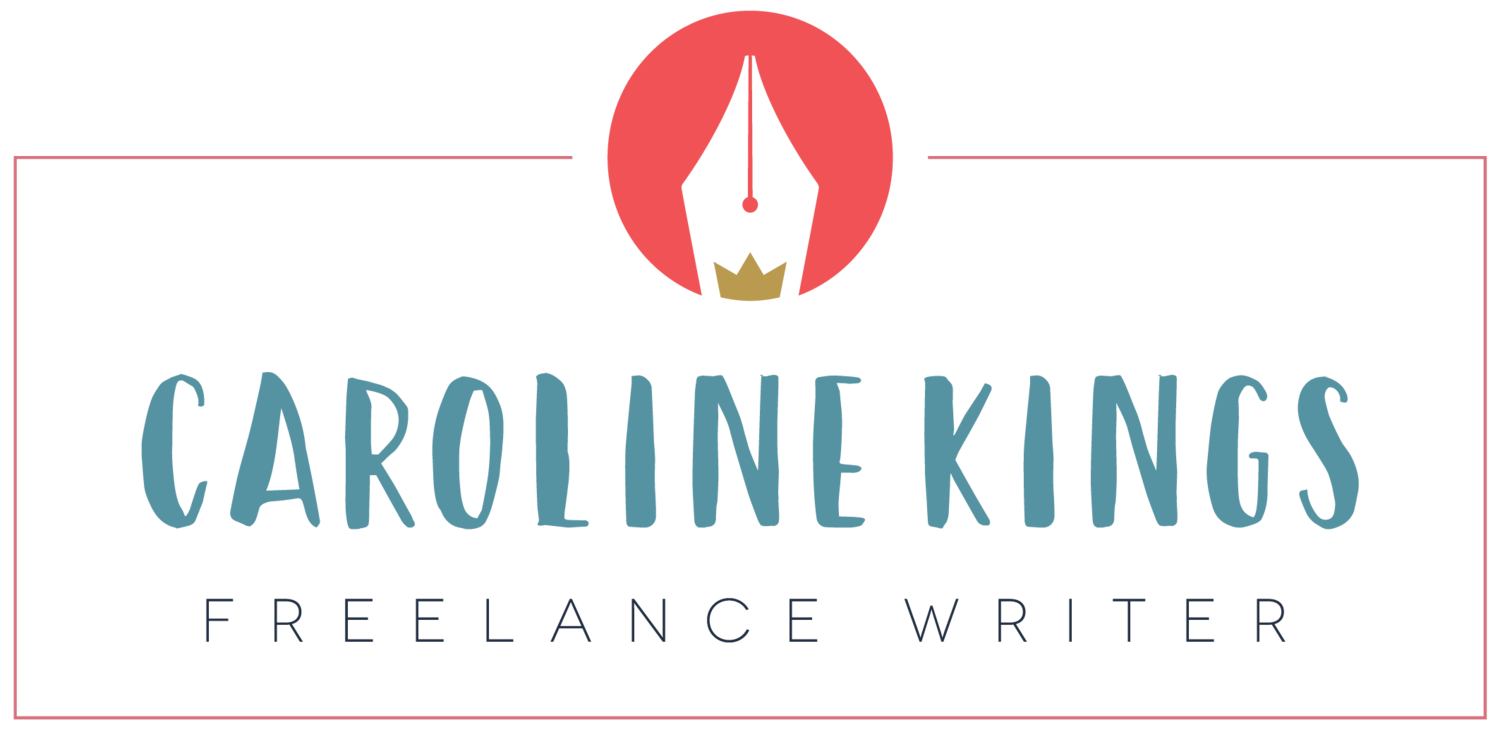Block busters - how to overcome writers' block
So, you have decided on your blog topic and you sit down to write. You know it’s a good topic because it’s a frequently asked question by your customers and this will be a useful reference tool in the future.
You’re sat at your desk. Hmmm, how to start? You rearrange a few things on your desk. Then you check your email. You open a Word document and hover your fingers above the keyboard, waiting for creativity to flow. Your elbows slump as no words are forthcoming. You get yourself a drink. Sound familiar? You repeat this a couple of times with variations on how you distract yourself and then you give up, moving onto another piece of work. You question your idea for the blog – maybe it wasn’t such a good idea as you couldn’t get started. Maybe, you’ll not bother with this one and go back to your blog list for another idea.
It’s likely to be a great blog idea but it could be that you’re suffering from ‘writers’ block’. Maybe you didn’t think writers’ block was real or that only really famous authors suffered from it; but no, when the pressure’s on to write, when you’ve found that elusive window of time to write a blog for your business, of course that’s when your brain and all its creativity are going to freeze.
I suffer from this sometimes and especially at the moment during lockdown. To accommodate home schooling and child entertainment, I have moved my working time to the weekend - my husband then takes over the corralling of our two sons. I migrate to our office space, grinning like a Cheshire cat at the swapping of roles and revelling in the time for me to get down to work. But the pressure of having to complete my work to-do list in two days greets me as soon as I shut the door and although I refuse to shake its hand, I still have to work through it.
I also used to suffer from it when a client gave me a title for a blog or an article and I didn’t know where to start or I found it less than appealing. But, I now have some tricks up my sleeve, some block busters if you will, to help the words flow.
Here are some of my tricks and some of my Writers’ Group fellow-writers have kindly shared their tips too.
1. Draw a spider diagram. This is where the main subject of your blog is in a bubble in the middle of the page and you draw ‘spiders’ legs’ away from that bubble with related words. Just write down anything that comes to mind – could be related themes, words that you will want to use (verbs, adjectives), famous people associated with the word, organisations, synonyms, antonyms … anything that you think of when you think of that title.
By doing that, you can start to see some potential paragraph themes or you might realise that there’s a thread that you can weave through the piece as you see relationships between words, providing you with cohesion and inspiring your beginning and end.
2. Just type. I use this one a lot. I start typing a potential first paragraph and although I might not like it and I know it won’t be in the final piece, the act of starting feels productive and positive. Sometimes I’ll just keep on typing until I have a piece, albeit not the polished piece I’ll send to my client, and sometimes I’ll stop half-way through. Interiors’ feature writer Rachael Hale recommends setting a timer for 20 minutes and typing until the alarm goes – maybe with a sweet treat as a reward!
I would then recommend stepping away. Put it to one side and do something else. Your subconscious brain will work on it without you realising and ideas might pop into your head when you least expect it – write them down! When you return to your blog you’ll be inspired. Don’t believe me? Read this.
Research. If I’m really stuck, I use the time researching on the internet. I find lots of useful articles which help me to see the topic from different points of view. I read and write notes, and save the useful links somewhere (very frustrating when you can’t find the link again!) and then once again, leave it to my subconscious to do the work whilst I’m running, or making dinner.
4. Step away from the desk – if it’s just not happening for you, do something else. Bake, walk, listen to a podcast, just distract yourself. As fellow writer Emma Field says,
“My mind often wanders along with my feet and finds an idea, or the podcast sparks something. When I get back to my desk the writing comes more easily.”
I love this quotation from ‘Wolf Hall’ author, Hilary Mantel which makes a similar point:
“If you get stuck, get away from your desk. Take a walk, take a bath, go to sleep, make a pie, draw, listen to music, meditate, exercise; whatever you do, don't just stick there scowling at the problem. But don't make telephone calls or go to a party; if you do, other people's words will pour in where your lost words should be. Open a gap for them, create a space. Be patient."
5. Mix things up a bit. Georgina Probert asks, “Why do you have to start at the beginning?” If you know you have the middle of your blog or some of it organised in your mind, why not start there?
“Rather than trying to come up with an introduction or opening paragraph, I start in the middle and work around that copy.”
Rachael Hale recommends using quotations as a springboard, shaping paragraphs around them or starting at the end and writing backwards from that point – your ending is likely to include the point of the piece and focussing your mind on that may activate those creative cogs. Writing tends to generate more writing so wherever you start is likely to lead to a finished piece.
6. Plan. You know how we tell our children to plan their creative writing? Well it might work for you to do the same, says Georgina.
“I write out in bullet points the rough order of what I plan to include and how the piece might look, so that I can refer back to this.”
Last tip is from published author and owner of Storymakers, Nikki Young, and is about free writing. Write without rules, without correct grammar and punctuation and just go for it! She sums up why in this great blog.
At the moment with so many conflicting demands on our time whilst we work from home with the whole family around, finding time to write your business blog is really difficult. These tips should provide you with a fresh approach.
In short, find your block buster (or busters), work in a way that suits you and that produces your best blog. That could be hammering it out and then editing two days later or writing in short bursts. Be patient and give it the screen time your blog and your business deserves.
Thank you to the Writers’ Group for their help with this.


